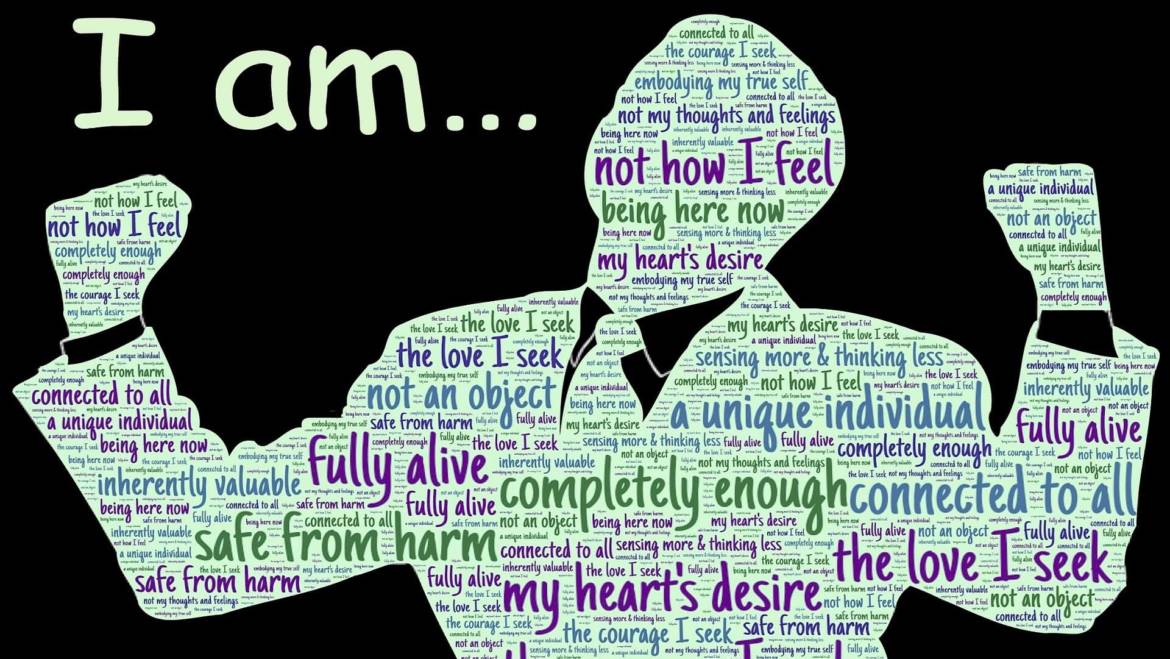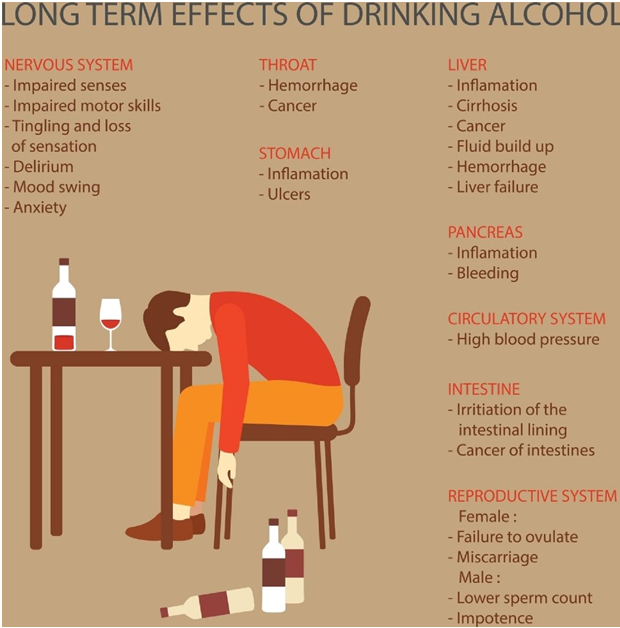Trauma
Overcome Trauma with Clinical Hypnotherapy in Wollongong
Trauma is an overwhelming psychological response to a distressing or disturbing experience, often leaving lasting emotional scars. It can manifest in many ways, such as anxiety, depression, flashbacks, nightmares, and intrusive thoughts. These symptoms can significantly affect an individual’s quality of life, making it difficult to cope with daily challenges.
The good news is that healing is possible. With the help of clinical hypnotherapy, you can access the subconscious mind, where memories, emotions, and beliefs are stored, and begin to process and reframe these traumatic experiences in a safe and supportive environment.
What is Trauma and How Does it Affect You?
Trauma doesn’t just disappear. It lingers, often affecting your emotional state, relationships, and ability to move forward in life. The impact can be debilitating, causing distressing thoughts and emotions that feel uncontrollable. But trauma doesn’t define you—it’s possible to release its hold and heal.
Through clinical hypnosis, we can help you process those buried emotions and memories. Hypnotherapy creates a deeply relaxed state that quiets the conscious mind, allowing you to access and work through past experiences that may still be influencing your thoughts and behaviors.
How Hypnotherapy Can Help Heal Trauma
As a clinical hypnotherapist with over a decade of experience, I use hypnosis to guide you through the healing process. Here’s how hypnotherapy can support your recovery:
✅ Access the Subconscious Mind: Revisit and process suppressed memories and emotions related to traumatic experiences.
✅ Reframe Negative Beliefs: Replace harmful thought patterns with more positive, empowering beliefs.
✅ Promote Relaxation: A deep state of relaxation helps reduce anxiety and emotional stress, aiding healing.
✅ Develop New Coping Strategies: Learn healthier ways to manage emotions and reactions to stressors.
✅ Facilitate Healing: Hypnotherapy promotes emotional well-being, reduces trauma symptoms, and supports lasting recovery.











